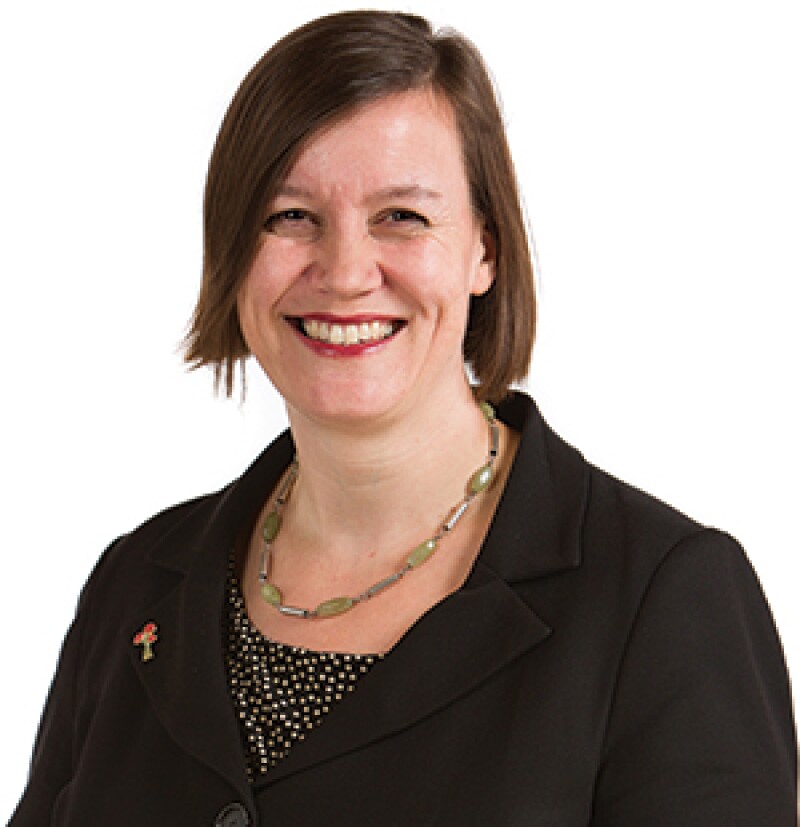
|
Meg Hillier was also in the Global Tax 50 2016 |
The UK's Public Accounts Committee (PAC), chaired by Meg Hillier, has had a busy year – scrutinising all aspects of public spending including Brexit.
But while any discussion of the UK's exit from the EU will draw media attention, it is perhaps the PAC's admonishment of online marketplaces eBay and Amazon that has raised the most eyebrows within tax circles.
In a report published on October 18 2017, the PAC slammed – not for the first time – the UK's HM Revenue & Customs for not doing enough to crack down on tax evasion.
While in the past HMRC has come under fire for so-called 'sweetheart deals' with large companies, this time the PAC's ire was directed at its unwillingness to investigate sellers on Amazon in particular, with the committee accusing HMRC of "playing a game of cat and mouse" with foreign sellers.
"Online VAT fraud is hugely damaging yet, as online sales continue to grow, the response of HMRC and the marketplaces where fraudsters operate has been dismal," Hillier said when the report was released.
For years, sellers have been operating on online platforms without valid VAT numbers, selling imported stock from warehouses within the UK and paying no VAT. This distorts the market, skewing the playing field in favour of fraudulent foreign sellers while brick-and-mortar shops face decline.
"Online marketplaces tell us they are committed to removing 'bad actors', yet that sentiment rings hollow when those same marketplaces continue to profit from the actions of rogue traders," added Hillier. "HMRC needs to be far tougher in protecting the interests of British businesses and taxpayers. As a priority it must inject more urgency into enforcement action. But it should also push the case for further new powers."
Proving the power the opposition party, and committee scrutiny generally, can have to influence a weak minority government – Hillier herself is a Labour and Co-operative MP – legislation was introduced in the UK budget to this effect.
The measure will "enable HMRC to hold online marketplaces jointly and severally liable for any unpaid VAT of a non-UK business arising from sales of goods in the UK via that online marketplace where that marketplace knew or should have known that the non-UK business should be registered for VAT in the UK," according to a policy paper published on November 22.
As online sales continue to increase, and countries around the world are at a critical juncture on how to levy and collect VAT on these sales. The OECD is ascertaining to what extent online platforms can be enlisted to collect VAT, and the EU is also making strides in this area.
Brexit and the customs problem
When mentioning the EU, it is impossible to ignore Brexit – an issue upon which Hillier has been able to offer an independent and more realistic opinion.
In recent revelations, it has emerged that David Davis, the UK's secretary of state for exiting the European Union, has not tasked his department with undertaking a formal assessment of the effect of leaving the EU customs union.
Despite this, it has been the government's position that leaving the customs union is the right thing to do until, very recently, it appeared to finally agree to maintain regulatory harmony with the EU on customs issues.
The UK has released a white paper examining the possibilities for customs post-Brexit, though it contains – as with most of the UK's plans on Brexit – scant detail, particularly on the issue of the border between the UK and Ireland – an issue that should be solved by the deal struck on December 8.
Hillier, for her part, is more realistic about the customs union than anybody British who is actually involved with negotiations.
"Failure to have a viable customs system in place before the UK's planned exit from the EU would wreak havoc for UK business, trade and our international reputation," she said in November before the Irish border issue came to light.
She has said that HMRC, which has suffered cuts to its budget by successive Conservative and Labour governments, requires more money – a relatively modest £7.3 million ($9.8 million) – to upgrade its Customs Handling of Import & Export Freight (CHIEF) computer system. Yet, the amount of money given to HMRC was cut once again in this autumn's UK budget.
Without the funding it needs – which could stretch to £450 million in the case of the most extreme form of Brexit – "The queues [could be] 180 kilometres (111 miles) if there is a delay at the port of Dover," said Hillier. "It could be catastrophic."
As a rare political voice of sanity on customs, UK taxpayers can only hope the government starts to listen to Hiller and the PAC soon – at least for as long as it refuses to carry out its own impact assessments.
On other tax matters, the PAC provides a crucial anchor on tax policy matters to ensure there is some accountability.
The Global Tax 50 2017 |
|
|---|---|
The top 10 • Ranked in order of influence |
|
6. Arun Jaitley |
|
The remaining 40 • In alphabetic order |
|
| The Estonian presidency of the Council of the European Union |
|
| International Consortium of Investigative Journalists (ICIJ) |
|
| United Nations Committee of Experts on International Cooperation in Tax Matters |
|









